Find Help
More Items From Ergsy search
-

Undergoing day case surgery at University Hospitals Bristol
Relevance: 100%
-

On the day of your cataract surgery
Relevance: 81%
-
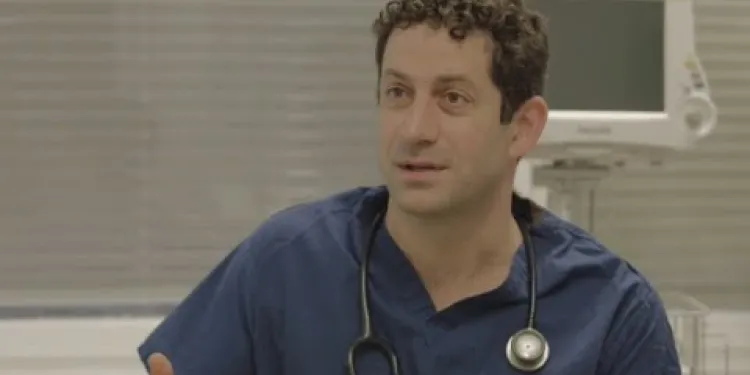
What to expect on the day of your operation
Relevance: 54%
-
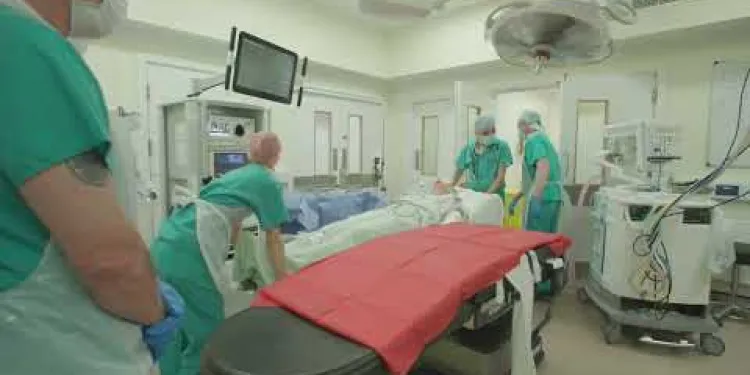
Prostate Surgery
Relevance: 53%
-

When is surgery recommended for BPH?
Relevance: 49%
-
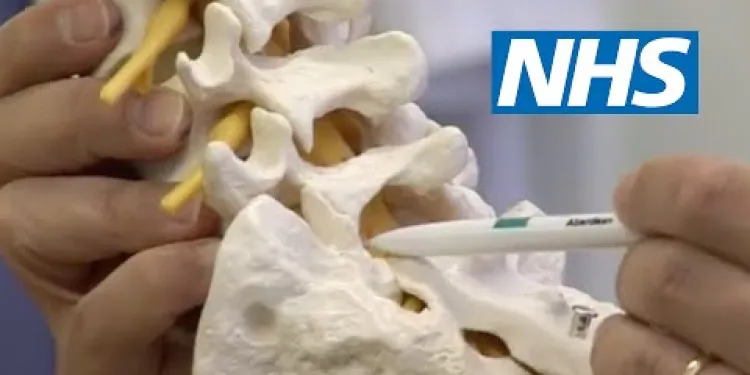
Lumbar surgery | NHS
Relevance: 48%
-
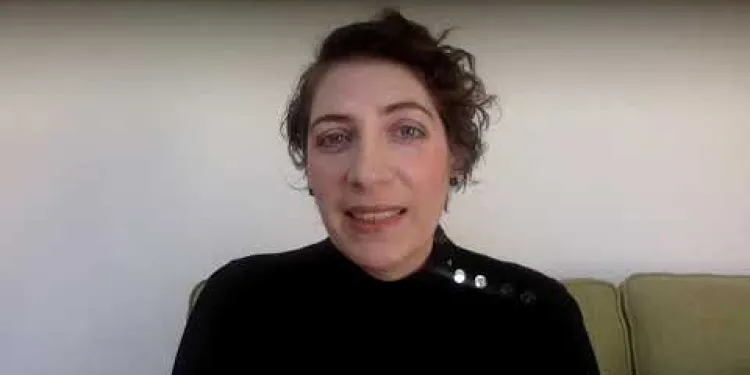
World Pancreatic Cancer Day - No Time to Wait
Relevance: 48%
-

Is surgery necessary for Crohn's disease?
Relevance: 48%
-

How long does a hip replacement surgery take?
Relevance: 47%
-

What factors affect the waiting time for my surgery?
Relevance: 46%
-
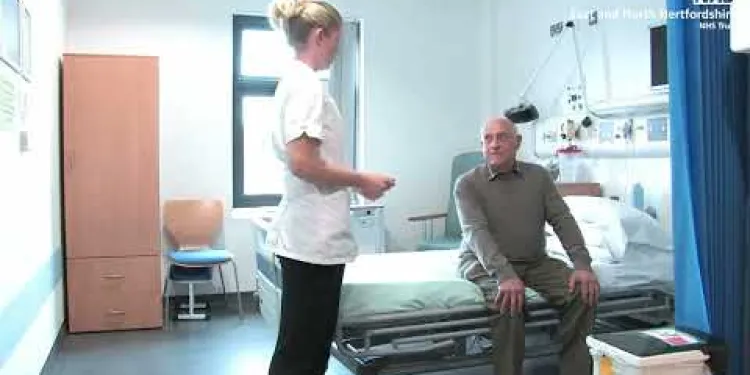
A journey to hip surgery
Relevance: 46%
-

Thyroid eye disease. Squint surgery - The operation
Relevance: 46%
-
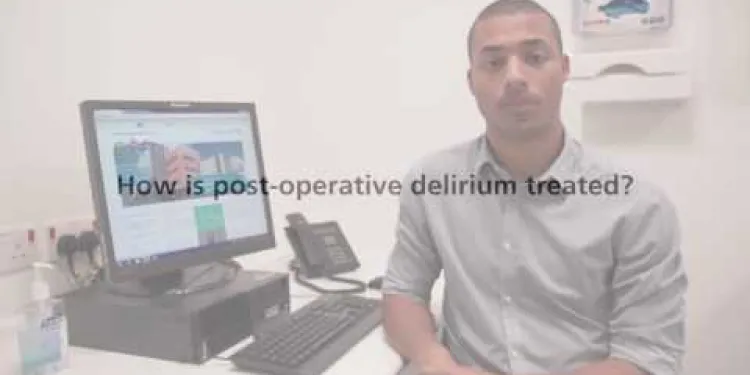
Experiencing delirium after surgery
Relevance: 45%
-

Weight Loss Surgery
Relevance: 45%
-

What is the recovery time after Carpal Tunnel Surgery?
Relevance: 45%
-
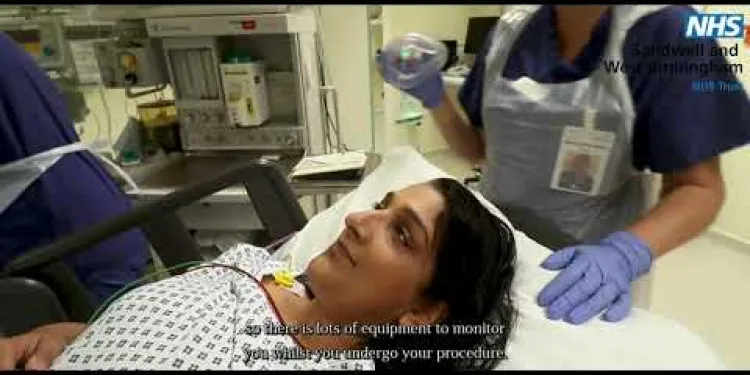
What to expect when visiting our hospitals for surgery | Theatres
Relevance: 45%
-

How do I prepare for hip replacement surgery?
Relevance: 44%
-

Evidence-Based Interventions: haemorrhoid surgery
Relevance: 44%
-
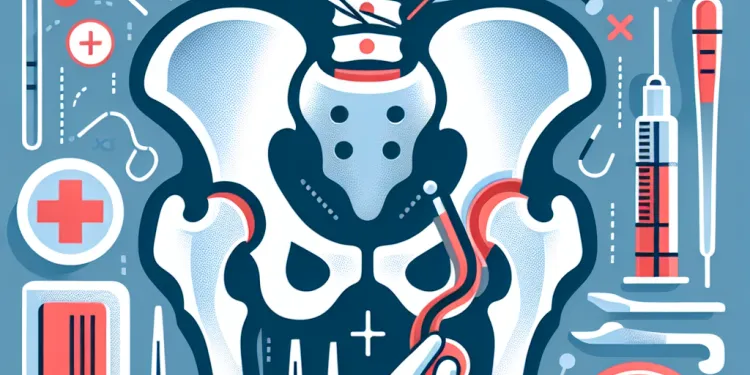
What is minimally invasive hip replacement surgery?
Relevance: 44%
-

Can I have visitors on the first day?
Relevance: 43%
-

Is surgery always required to treat flesh-eating disease?
Relevance: 43%
-

What is the likelihood of needing surgery for suspected appendicitis?
Relevance: 43%
-
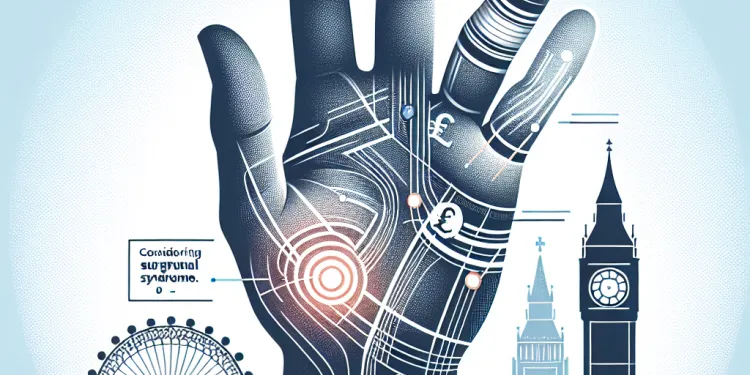
When should I consider surgery for Carpal Tunnel Syndrome?
Relevance: 43%
-

Will changing my surgery date impact my waiting time?
Relevance: 43%
-

How does surgery treat prostate cancer?
Relevance: 43%
-
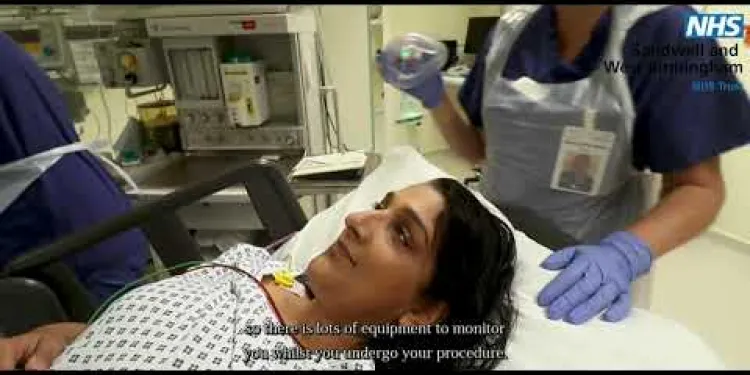
What to expect when visiting our hospitals for surgery | Theatres
Relevance: 42%
-

What does Carpal Tunnel Syndrome surgery involve?
Relevance: 41%
-
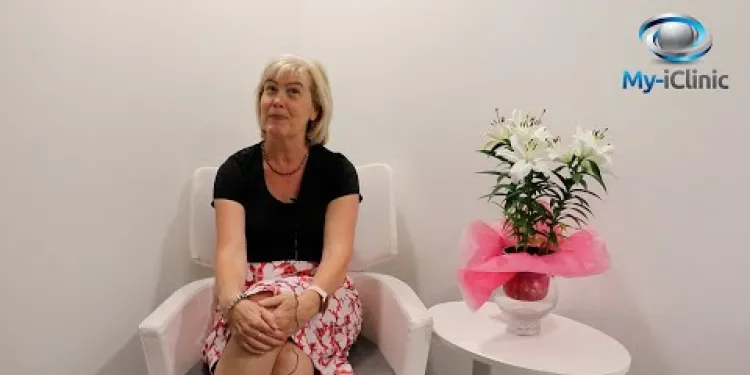
Cataract surgery can resolve life long short-sightedness?!
Relevance: 41%
-

How do I know if my surgery is considered elective or urgent?
Relevance: 41%
-

Do I need sunscreen on cloudy days?
Relevance: 41%
-
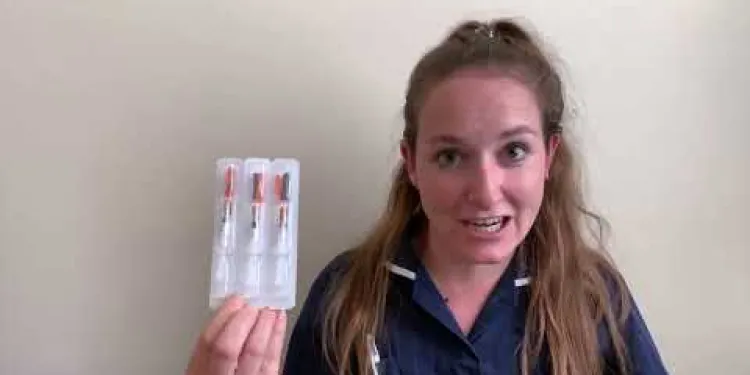
Bariatric Surgery - What to expect when you come to hospital for your operation.
Relevance: 41%
-
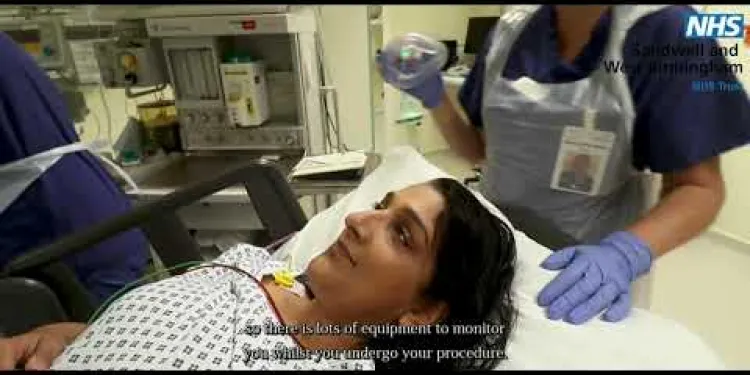
What to expect when visiting our hospitals for surgery | Theatres
Relevance: 40%
-

Is there a national database for checking waiting times for surgeries?
Relevance: 40%
-
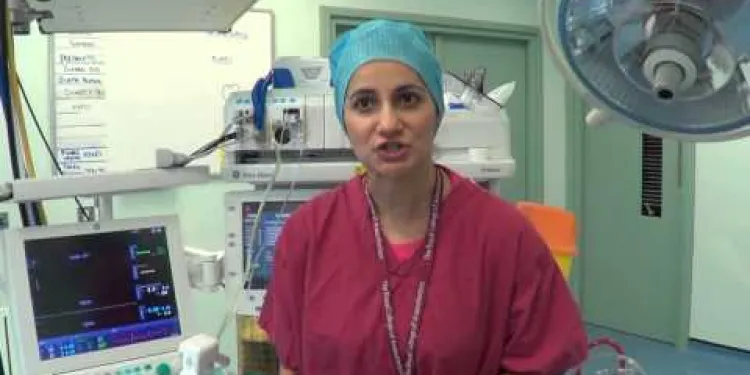
Enhanced Recovery After Surgery in Forth Valley
Relevance: 39%
-

What are the side effects of prostate cancer surgery?
Relevance: 39%
-

How do AI-assisted robotic systems enhance lung cancer surgeries?
Relevance: 39%
-

What are the risks associated with hip replacement surgery?
Relevance: 39%
-

Inpatient Surgery at North Bristol NHS Trust
Relevance: 38%
-

How can I advocate for a shorter wait time for my surgery?
Relevance: 38%
-

How much does hip replacement surgery cost in the UK?
Relevance: 38%
Undergoing Day Case Surgery at University Hospitals Bristol
Introduction
Day case surgery, also known as outpatient surgery, is a procedure where patients are admitted, operated on, and discharged on the same day. At University Hospitals Bristol (UHB), we are committed to offering efficient and high-quality care tailored to the needs of our patients. This guide aims to provide insight into what you can expect when undergoing day case surgery at UHB.Preoperative Preparation
The preoperative preparation process is crucial to ensure the best outcomes. Prior to your surgery, you will be invited to a pre-admission clinic where you'll meet with a nurse and possibly the anaesthetist. They'll review your medical history, perform necessary tests, and provide you with detailed instructions to follow before your surgery day. It's important to adhere to fasting instructions and any medication adjustments to avoid complications.On the Day of Surgery
On the day of your surgery, you should arrive at the designated time with all necessary paperwork. Wear comfortable clothing and remove any jewellery. You will be received by our nursing staff and prepped for the operation. If you experience anxiety, our team can offer support and reassurance. The surgical procedure will be performed in a sterile operating theatre by a skilled surgical team.Postoperative Recovery
Post-surgery, you will be moved to the recovery area where you will be monitored until the effects of anaesthesia wear off. Pain management and post-operative care are top priorities. You will receive detailed instructions on post-operative care, including wound care, medication, and activities to avoid. Make sure to follow these guidelines to ensure a smooth and speedy recovery.Discharge and Follow-Up Care
Once the medical staff confirms that you are stable, you will be discharged. Ensure you have someone to accompany you home, as you may still be feeling the effects of anaesthesia. You will receive a discharge pack with contact numbers in case of any concerns or complications. Follow-up appointments may be scheduled to assess your recovery progress.Conclusion
Undergoing day case surgery at University Hospitals Bristol aims to be a seamless experience focused on patient care and safety. By following the preparation and post-operative guidelines, you can expect a smooth surgical journey and a swift return to normal activities. If you have any specific questions or concerns, our team is always available to assist you.Undergoing Day Case Surgery at University Hospitals Bristol
Introduction
Day case surgery means you go to the hospital, have your operation, and go home on the same day. At University Hospitals Bristol (UHB), we want to give you the best care. This guide will help you know what to expect when you have day case surgery with us.Before Your Surgery
Getting ready for your surgery is important. Before your operation, you will visit a pre-admission clinic. Here, you will meet a nurse and sometimes an anaesthetist (the doctor who helps you sleep for the operation). They will check your health and tell you what to do before surgery. You must follow their instructions, like when to stop eating and taking some medicines, so everything goes smoothly.On the Day of Surgery
On your surgery day, arrive at the time you are given with your paperwork. Wear comfy clothes and take off any jewellery. Our nurses will help you get ready. If you feel nervous, our team can help to calm you. The operation will happen in a clean and safe room, done by skilled doctors.After Your Surgery
After your surgery, you will go to a recovery room. The nurses will watch you until you wake up from the anaesthesia. They will make sure you have no pain and explain how to care for yourself. Follow their advice about looking after your wound and what not to do to heal well.Going Home and Follow-Up Care
When the doctor says you are ready, you can leave the hospital. You need someone to take you home because of the anaesthetic effects. You’ll get a pack with phone numbers to call if you have questions or problems. You might also get an appointment to check on how you are healing.Conclusion
Having day case surgery at University Hospitals Bristol is designed to be smooth and safe. By doing what you are told before and after your surgery, you should feel better quickly. If you have any questions, our team is here to help you.Frequently Asked Questions
What is day case surgery?
Day case surgery, also known as outpatient surgery, is a procedure that allows you to return home on the same day as your operation.
How do I prepare for my day case surgery?
You will receive specific instructions from your medical team, including fasting guidelines, what to bring, and how to manage your medications.
What should I bring with me to the hospital?
Bring your appointment letter, any medications you are currently taking, comfortable clothes, and items such as books or magazines to pass the time.
When should I arrive at the hospital?
Arrive at least one hour before your scheduled surgery time. The exact time will be mentioned in your appointment letter.
Can I eat or drink before my surgery?
You should not eat anything for at least 6 hours before your surgery. You may be allowed to drink clear fluids up to 2 hours before the operation, but follow the specific instructions given to you.
Will I need someone to accompany me?
Yes, you should arrange for someone to take you home after your procedure and to stay with you for the first 24 hours if possible.
How long will the surgery take?
The length of the surgery varies depending on the procedure. Your surgeon will give you an estimate during the pre-operative meeting.
What type of anaesthesia will be used?
The type of anaesthesia depends on the surgery you're undergoing. It could be local, regional, or general anaesthesia. Your anaesthetist will discuss the best option for you.
How long will I need to stay in the recovery area?
After surgery, you will be monitored in the recovery area until you are fully awake and stable. This usually takes a couple of hours.
When can I go home?
You can go home once the medical team evaluates that you are stable, have recovered adequately from the anaesthesia, and meet all discharge criteria.
Will I need to take time off work?
The amount of time you need to take off work depends on the nature of your surgery. Your medical team will provide specific advice.
What should I do if I feel unwell after my surgery?
If you experience any concerning symptoms after your surgery, contact the hospital immediately using the contact information provided to you.
Do I need to stop taking my medication before surgery?
Some medications may need to be stopped or adjusted before your surgery. Your medical team will provide specific instructions based on your health condition.
Will I have pain after the surgery?
Some discomfort is expected after surgery, but you will receive pain relief medications to manage it. Follow the instructions given by your medical team.
What follow-up care will I need?
After your surgery, you will be given discharge instructions, including details on follow-up appointments and care at home. Follow these instructions carefully and attend all scheduled visits.
What is day case surgery?
Day case surgery is when you have an operation and go home on the same day. You do not stay overnight in the hospital.
Things that might help you understand better:
- Ask a family member or friend to explain any hard words.
- Look at pictures or videos about the surgery.
- Use apps or tools that read the information out loud for you.
Day case surgery is when you have an operation and go home the same day. It is also called outpatient surgery.
How can I get ready for my simple day surgery?
Your doctor will give you special instructions. This will include when to stop eating and drinking, what to bring with you, and how to take your medicine.
What should I take with me to the hospital?
Here is a list of things to take to the hospital:
- Your ID card or passport
- Your health insurance card
- A list of medicines you take
- Clothes to wear in the hospital
- Toothbrush and toothpaste
- Soap and shampoo
- Slippers or comfy shoes
- Books or small games to help pass the time
It might help to write a list before you pack.
Ask a family member or friend for help if you need.
Bring your letter about the appointment. Also, bring any medicine you take. Wear comfy clothes. You can also bring books or magazines to read while you wait.
When is the right time for me to get to the hospital?
Here are some tips to help:
- Ask a friend or family member to help you remember if you're not sure.
- Set a reminder on your phone or use an alarm.
- Write it down on a calendar or notepad you can see easily.
Get to the hospital at least one hour before your surgery time. You will find your surgery time in your letter.
Can I eat or drink before my surgery?
Do not eat or drink before your surgery. Your tummy needs to be empty.
Here are some tips to help you:
- Ask your doctor when you should stop eating or drinking.
- Use a reminder or alarm to help you remember.
Do not eat any food for 6 hours before your surgery. You might be able to drink clear liquids, like water, until 2 hours before your surgery. Follow the exact steps given to you by your doctor.
Do I need someone to go with me?
It might help to have someone with you. A friend or family member can help you feel better and remember information.
Yes, you need someone to help you get home after your surgery. It is good to have someone stay with you for the first day if they can.
How long does the surgery take?
The time it takes for the surgery can be different for each person. It depends on what kind of surgery you are having. Your doctor will tell you how long it might take when you talk to them before the surgery.
What kind of medicine will make you sleep?
The type of medicine to make you numb or sleepy depends on your surgery. It can be local, regional, or general. Your doctor will talk to you about which one is best for you.
How long do I wait in the recovery area?
After your surgery, doctors and nurses will keep an eye on you in a special area. You will stay there until you wake up fully and feel steady. This usually takes a few hours.
When can I go home?
You can go home when the doctor says it is safe. Ask the nurse or doctor if you want to know more.
It can help to write down questions you have. You can also ask someone you trust to help you understand.
You can go home after the doctors and nurses check that you are okay. They will make sure you are awake from the medicine that makes you sleepy, and you are feeling well enough to leave.
Do I need to stop working for a while?
If you are worried about taking time off from your job, here are some things you can do:
- Talk to your boss and explain why you might need time off.
- Ask if you can work from home or change your work hours.
- Use a calendar to plan your days off.
How much time you need off work depends on your surgery. Your doctor will tell you what to do.
What to do if you feel sick after your operation?
If you feel sick or funny after your operation, here are some easy steps: 1. **Tell someone**: Tell your family or the nurse how you feel. 2. **Follow instructions**: Use any medicine the doctor gave you. It can help you feel better. 3. **Rest**: Try to lie down and relax. It’s good to rest after surgery. 4. **Drink water**: Drink small sips of water if you can. 5. **Ask for help**: Don’t try to do everything by yourself. Ask someone to help you if needed. You can use tools like reminders or phone alarms to help you remember when to take your medicine.If you feel unwell or something worries you after your surgery, call the hospital right away. Use the phone numbers they gave you.
Do I need to stop taking my medicine before my surgery?
If you have surgery soon, ask your doctor if you should keep taking your medicine. Your doctor will tell you what is safe.
Here are some things you can do to help:
- Write a list of all the medicine you take.
- Show the list to your doctor.
- Ask questions if you do not understand.
- Take notes when the doctor talks.
Before your surgery, you might need to stop or change some medicines. Your doctor will tell you exactly what to do. This is because of your health.
Will it hurt after the surgery?
You might feel some pain after your surgery, but the doctors will give you medicine to help with it. Make sure you follow the doctor's instructions.
What care will I need after?
After you get help, you might need more care. Here are some things to think about:
- Ask your doctor what care you need next.
- They might talk to you about medicine or exercises.
- It is important to go to all your appointments.
- Ask a friend or family member to help you remember.
- Write down any questions you have for your doctor.
You can use a calendar or a phone alarm to remind you about your appointments and medicine.
After your surgery, the doctor will give you instructions for when you go home. These instructions will tell you how to take care of yourself and when to come back to see the doctor again. It is important to follow these instructions and go to all your doctor appointments.
Useful Links
Have you found an error, or do you have a link or some information you would like to share? Please let us know using the form below.
-->
This website offers general information and is not a substitute for professional advice.
Always seek guidance from qualified professionals.
If you have any medical concerns or need urgent help, contact a healthcare professional or emergency services immediately.
Some of this content was generated with AI assistance. We’ve done our best to keep it accurate, helpful, and human-friendly.
- Ergsy carfully checks the information in the videos we provide here.
- Videos shown by Youtube after a video has completed, have NOT been reviewed by ERGSY.
- To view, click the arrow in centre of video.
- Most of the videos you find here will have subtitles and/or closed captions available.
- You may need to turn these on, and choose your preferred language.
- Go to the video you'd like to watch.
- If closed captions (CC) are available, settings will be visible on the bottom right of the video player.
- To turn on Captions, click settings .
- To turn off Captions, click settings again.
More Items From Ergsy search
-

Undergoing day case surgery at University Hospitals Bristol
Relevance: 100%
-

On the day of your cataract surgery
Relevance: 81%
-

What to expect on the day of your operation
Relevance: 54%
-

Prostate Surgery
Relevance: 53%
-

When is surgery recommended for BPH?
Relevance: 49%
-

Lumbar surgery | NHS
Relevance: 48%
-

World Pancreatic Cancer Day - No Time to Wait
Relevance: 48%
-

Is surgery necessary for Crohn's disease?
Relevance: 48%
-

How long does a hip replacement surgery take?
Relevance: 47%
-

What factors affect the waiting time for my surgery?
Relevance: 46%
-

A journey to hip surgery
Relevance: 46%
-

Thyroid eye disease. Squint surgery - The operation
Relevance: 46%
-

Experiencing delirium after surgery
Relevance: 45%
-

Weight Loss Surgery
Relevance: 45%
-

What is the recovery time after Carpal Tunnel Surgery?
Relevance: 45%
-

What to expect when visiting our hospitals for surgery | Theatres
Relevance: 45%
-

How do I prepare for hip replacement surgery?
Relevance: 44%
-

Evidence-Based Interventions: haemorrhoid surgery
Relevance: 44%
-

What is minimally invasive hip replacement surgery?
Relevance: 44%
-

Can I have visitors on the first day?
Relevance: 43%
-

Is surgery always required to treat flesh-eating disease?
Relevance: 43%
-

What is the likelihood of needing surgery for suspected appendicitis?
Relevance: 43%
-

When should I consider surgery for Carpal Tunnel Syndrome?
Relevance: 43%
-

Will changing my surgery date impact my waiting time?
Relevance: 43%
-

How does surgery treat prostate cancer?
Relevance: 43%
-

What to expect when visiting our hospitals for surgery | Theatres
Relevance: 42%
-

What does Carpal Tunnel Syndrome surgery involve?
Relevance: 41%
-

Cataract surgery can resolve life long short-sightedness?!
Relevance: 41%
-

How do I know if my surgery is considered elective or urgent?
Relevance: 41%
-

Do I need sunscreen on cloudy days?
Relevance: 41%
-

Bariatric Surgery - What to expect when you come to hospital for your operation.
Relevance: 41%
-

What to expect when visiting our hospitals for surgery | Theatres
Relevance: 40%
-

Is there a national database for checking waiting times for surgeries?
Relevance: 40%
-

Enhanced Recovery After Surgery in Forth Valley
Relevance: 39%
-

What are the side effects of prostate cancer surgery?
Relevance: 39%
-

How do AI-assisted robotic systems enhance lung cancer surgeries?
Relevance: 39%
-

What are the risks associated with hip replacement surgery?
Relevance: 39%
-

Inpatient Surgery at North Bristol NHS Trust
Relevance: 38%
-

How can I advocate for a shorter wait time for my surgery?
Relevance: 38%
-

How much does hip replacement surgery cost in the UK?
Relevance: 38%


